Summaries of books about Biology:
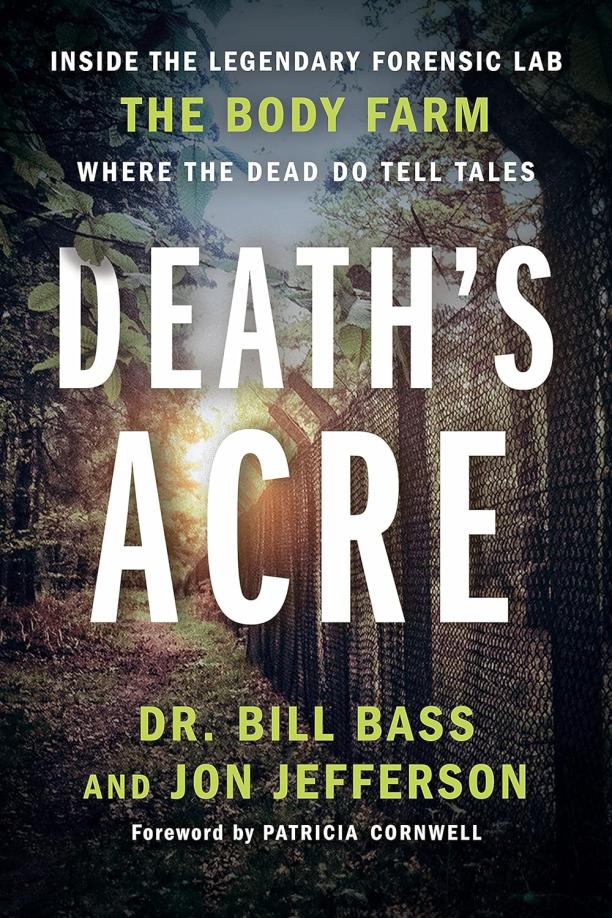
Death's Acre
Inside the Legendary Forensic Lab the Body Farm Where the Dead Do Tell Tales
William M. Bass
The book provides an inside look at the pioneering work in forensic anthropology conducted at the University of Tennessee's Anthropological Research Facility, famously known as the Body Farm. It details the scientific processes and real-life cases that have been instrumental in solving crimes through the study of human decomposition.
See full summary
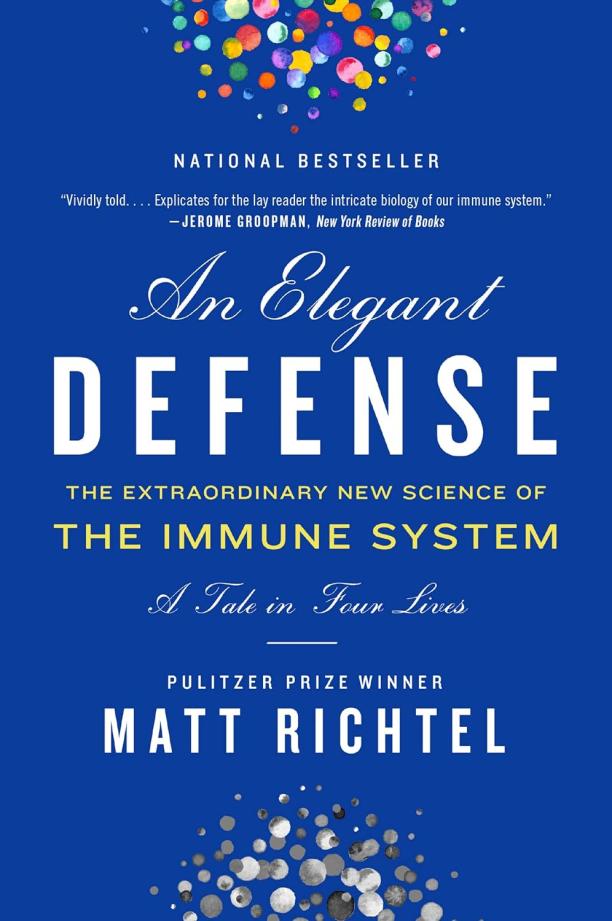
An Elegant Defense
The Extraordinary New Science of the Immune System: A Tale in Four Lives
Matt Richtel
The book intertwines the personal stories of four individuals with diverse health challenges to explore the complexities of the human immune system. It delves into the latest scientific discoveries, explaining how the immune system works, its role in disease and health, and the implications of new treatments that harness its power.
See full summary
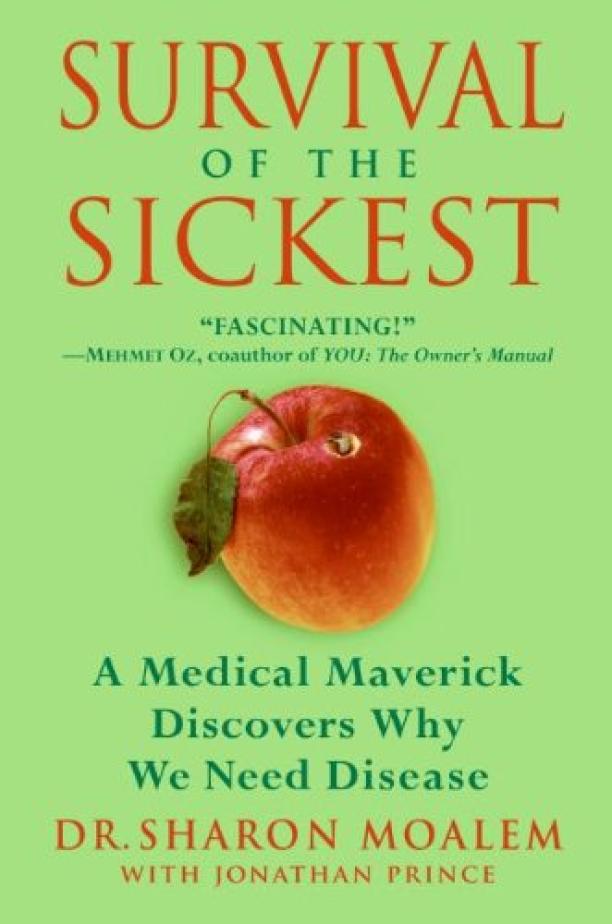
Survival of the Sickest
The Surprising Connections Between Disease and Longevity (P.S.)
Sharon Moalem|Jonathan Prince
The book explores the counterintuitive concept that certain diseases which are harmful in the modern world may have historically provided evolutionary advantages to our ancestors. It delves into the genetic legacy of these conditions, examining how traits linked to diseases like hemochromatosis or diabetes played a role in human survival and adaptation to different environments.
See full summary
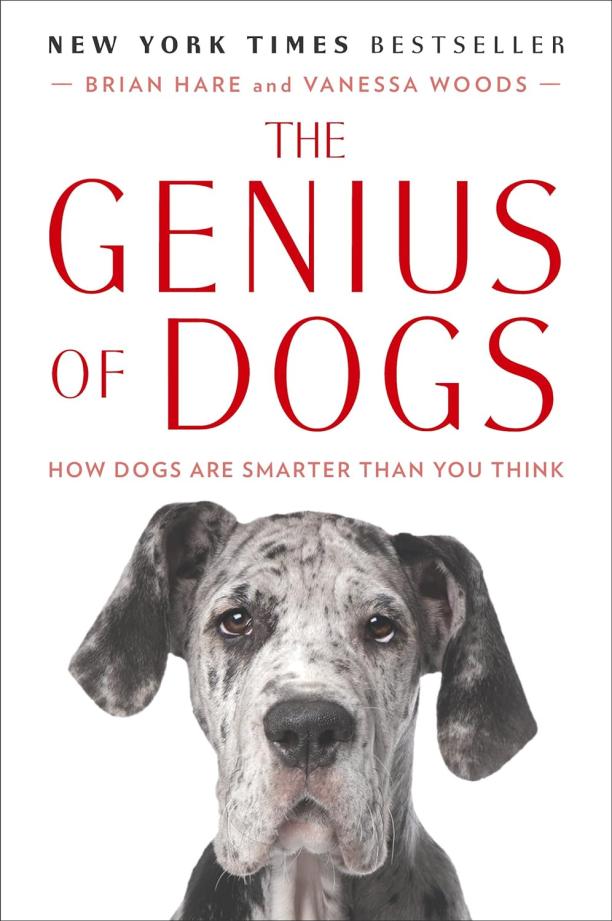
The Genius of Dogs
How Dogs Are Smarter Than You Think
Brian Hare|Vanessa Woods
The book explores the cognitive abilities of dogs, presenting evidence of their intelligence and problem-solving skills. It delves into scientific studies and experiments that reveal how dogs have evolved to be adept at understanding human social cues and communicating effectively with humans.
See full summary
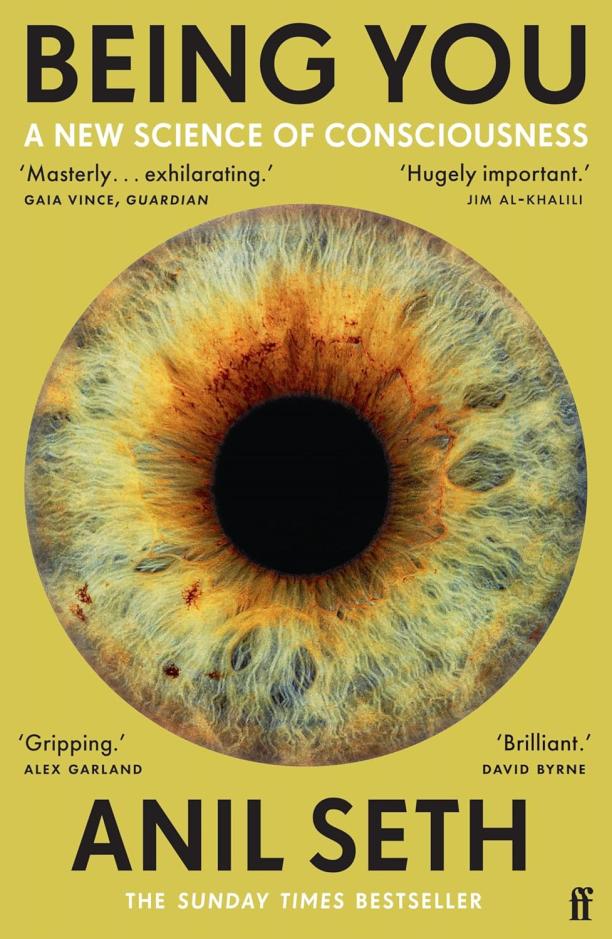
Being You
A New Science of Consciousness
Anil Seth
The book explores the nature of consciousness, blending neuroscience, psychology, and philosophy to argue that our experiences of the world and self are active constructions by the brain. It challenges traditional perceptions of reality and selfhood, proposing that we are "beings of perception," constantly creating the experiences that define our personal reality.
See full summary
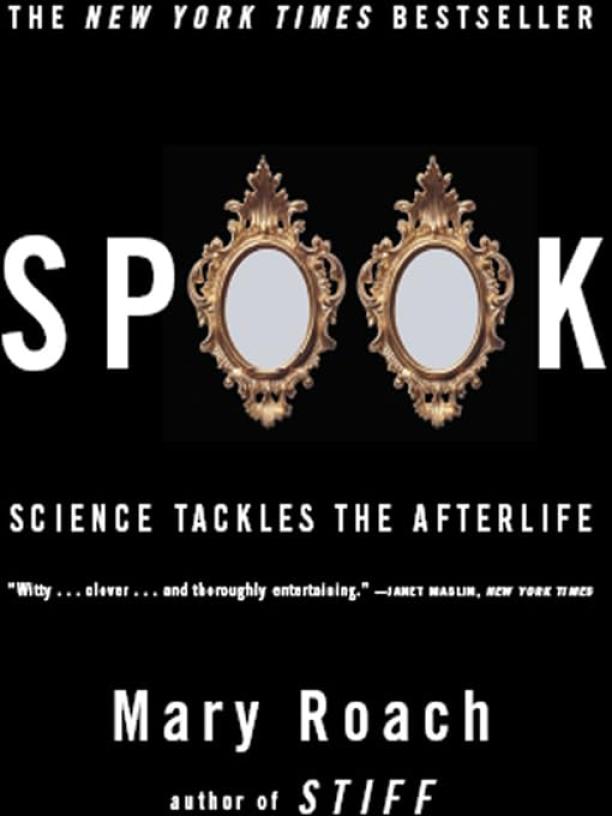
Spook
Science Tackles the Afterlife
Mary Roach
The book investigates the scientific efforts to prove or disprove the existence of an afterlife, exploring a range of topics from reincarnation and near-death experiences to ghost hunting and the history of spirit communication. It combines humor with a critical eye, as the author participates in various experiments and interviews experts in an attempt to understand humanity's enduring quest to answer the question of what happens after death.
See full summary
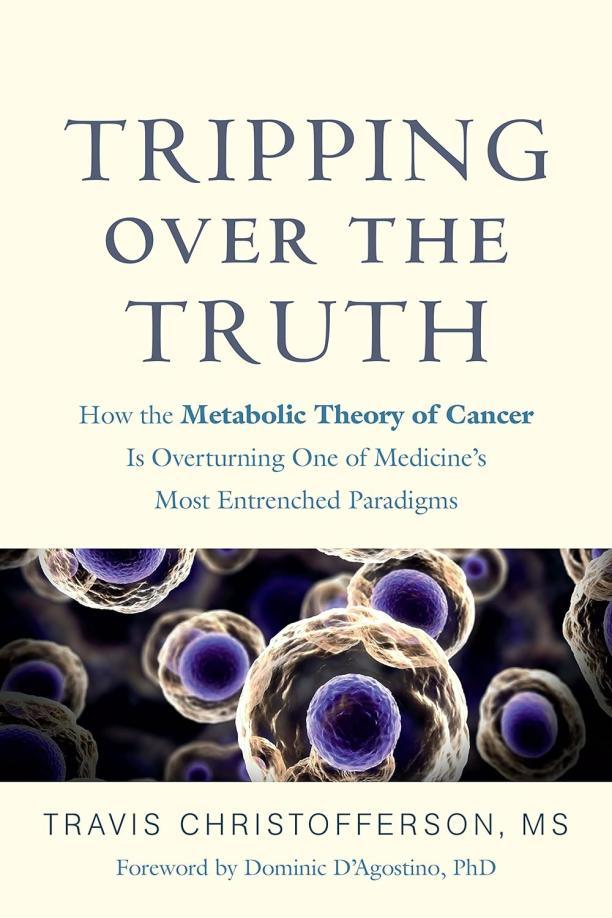
Tripping over the Truth
How the Metabolic Theory of Cancer Is Overturning One of Medicine's Most Entrenched Paradigms
Travis Christofferson
The book explores the theory that cancer is primarily a metabolic disease rather than a genetic one, suggesting that mutations in cancer cells are a symptom rather than the cause. It delves into the history and resurgence of research on cancer metabolism, advocating for a shift in focus towards treatments that target the energy production of cancer cells.
See full summary
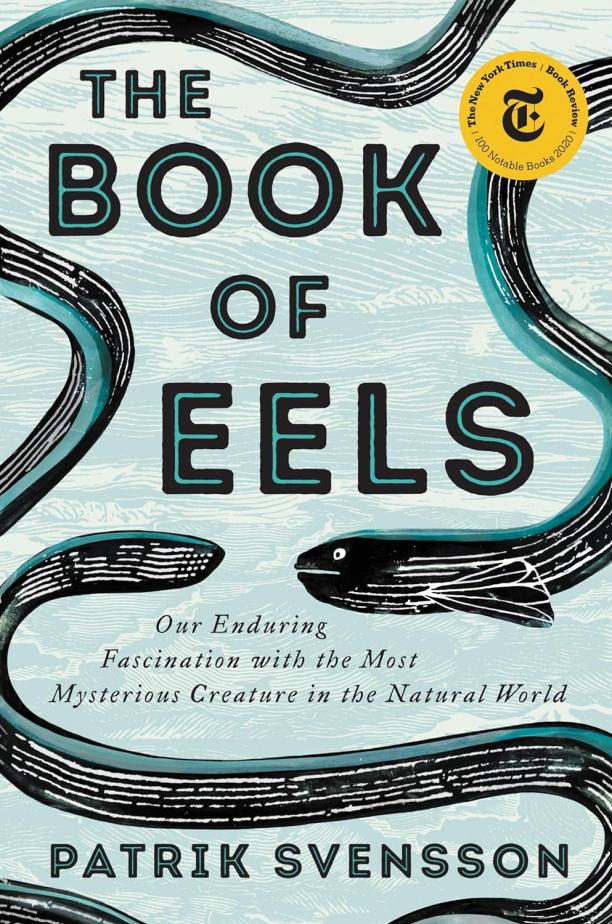
The Book of Eels
Our Enduring Fascination with the Most Mysterious Creature in the Natural World
Patrik Svensson
The book blends natural history, memoir, and philosophy while exploring the enigmatic world of eels, delving into the science, mythology, and personal stories surrounding these creatures. It examines the eel's life cycle, the historical human fascination with them, and the author's own reflections on fatherhood and his relationship with his father through the lens of eel fishing.
See full summary
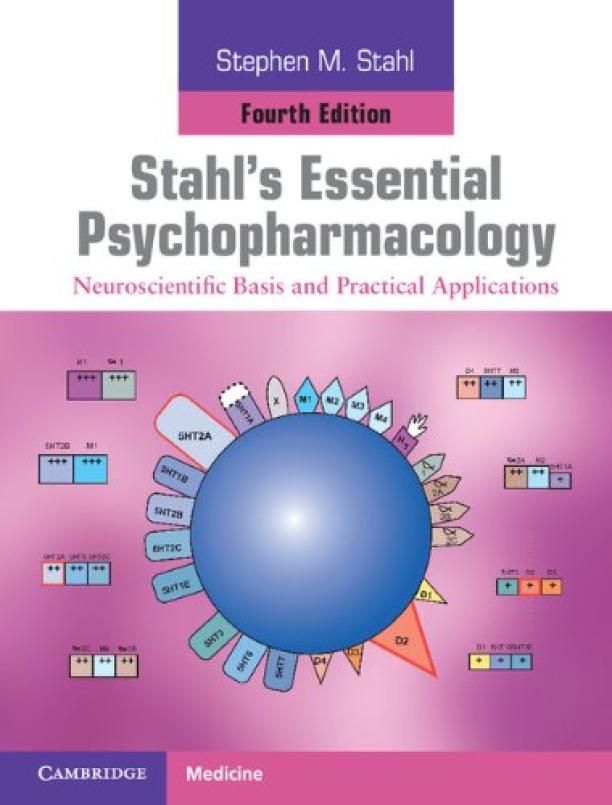
Stahl's Essential Psychopharmacology
Neuroscientific Basis and Practical Applications
Stephen M. Stahl
The book provides a comprehensive overview of the principles of psychopharmacology, explaining how drugs affect the brain and behavior for various psychiatric disorders. It combines neuroscientific foundations with clinical applications, offering detailed mechanisms of action for psychotropic drugs and their practical use in patient care.
See full summary
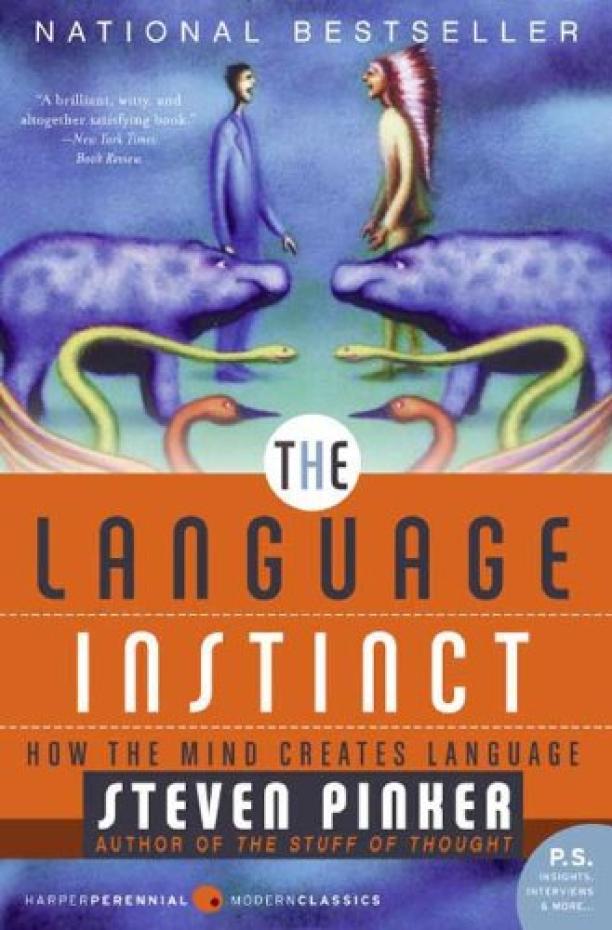
The Language Instinct
How The Mind Creates Language (P.S.)
Steven Pinker
The book argues that humans are born with an innate capacity for language, drawing on evidence from developmental psychology, neurology, and linguistics. It explores the idea that language is a fundamental part of human biology, akin to a biological adaptation, rather than a cultural invention.
See full summary